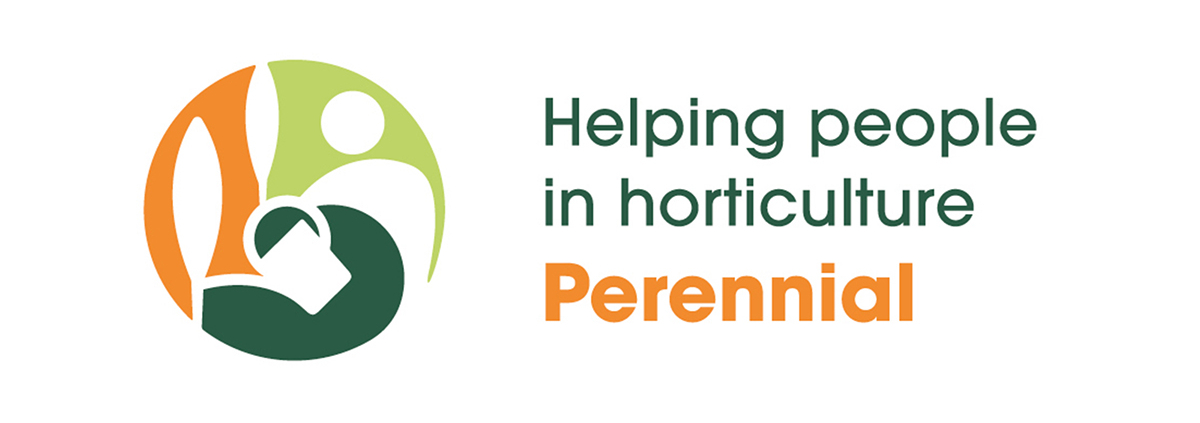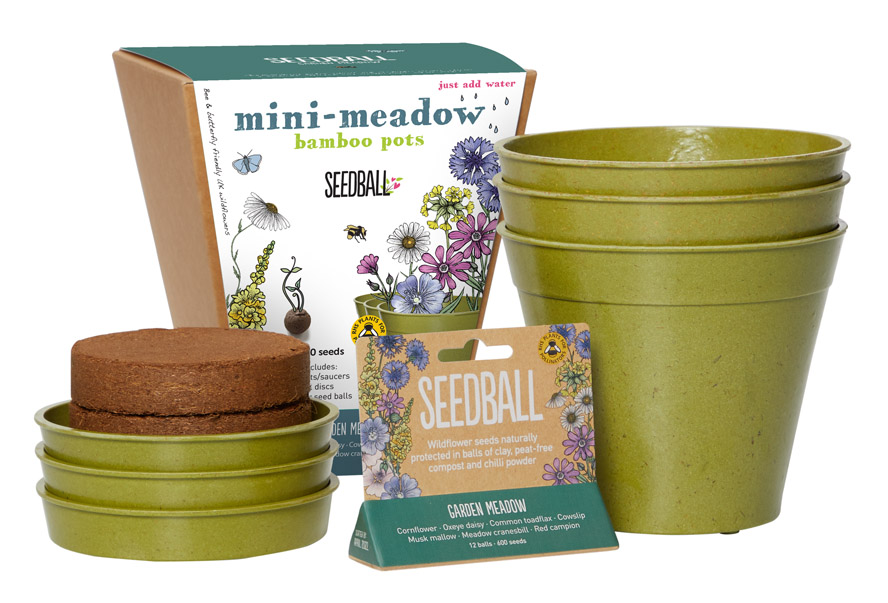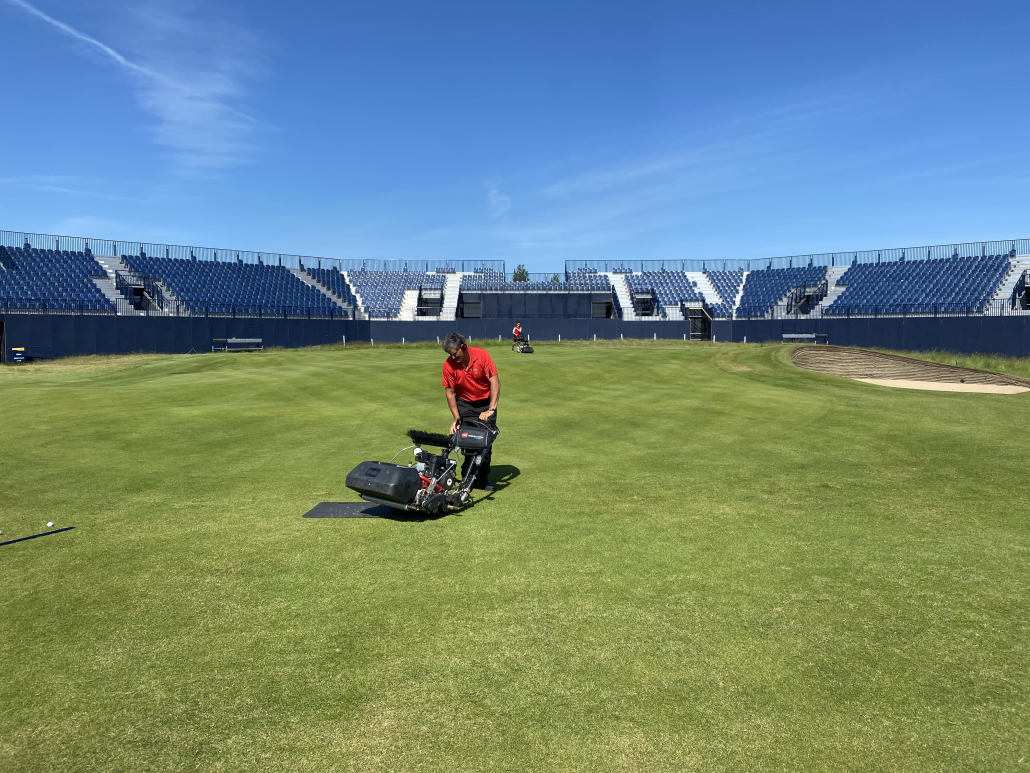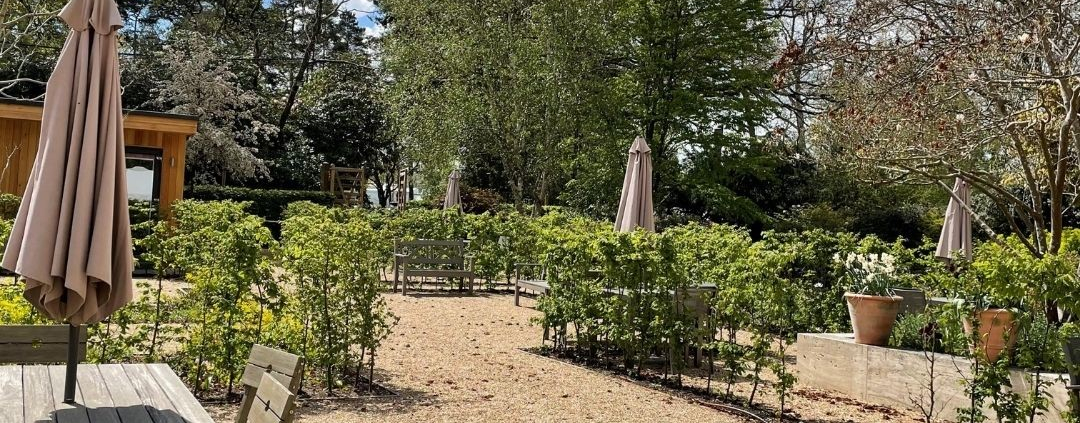Join Perennial in creating a culture of mental wellbeing
Join Perennial in creating a culture of mental wellbeing: Since last year, over 55 individuals from 33 companies have successfully qualified as Mental Health First Aiders as part of Perennial’s pilot programme, offering an invaluable first point of contact for those in their workplace that may be struggling.
Trained to have an understanding of mental health and the factors that can affect wellbeing, as well as the practical skills to spot the signs and symptoms, these MHFAiders® are there to step in, reassure and support their colleagues.

Join Perennial in creating a culture of mental wellbeing
However, according to Clare Downs, Head of Preventative Services there is still the opportunity for more employers to step forward and join Perennial in tackling the issues and widening the conversation around mental health.
“We are absolutely delighted that so many different horticultural employees, from grounds maintenance to managers to HR personnel, have become trained MHFAiders® and champions of the importance of health and wellbeing within the workplace and beyond. But we also know from our research and experience that mental health issues remain one of the biggest contributors to ill health within the industry.+ We welcome organisations to join us in continuing to raise awareness, support more staff to be trained and influence the wider horticulture community to help create a culture of positive mental wellbeing for all.”
As one recently trained MHFAider® says, “We are at work a lot of hours each week and probably spend more time with our colleagues than our family and friends. I want all my colleagues to feel they have a safe and open environment to speak to a person, who can listen and not judge – and hopefully help them understand and find the support they need. Since doing the course, I think it should be mandatory along with physical first aiders within a business.”
If you are an employer with over 30 employees who proactively wants to increase their team’s mental health and wellbeing, please contact Helen Waddington to find out more about this pilot programme at hwaddington@perennial.org.uk.
Free limited places are now available for training courses being held during May, July, October and November 2023.
Perennial’s pilot programme is delivered in partnership with Mental Health First Aid England.
+ Perennial’s Health & Wellbeing Survey (2021) found that mental wellbeing was among the biggest perceived challenges for people working in horticulture.
- 85% of people’s mental wellbeing was poor or below average
- 26% of people listed depression, anxiety, and stress as critical issues
- 22% said they did not recognise when they were unable to cope or how to deal with these circumstance
For the full findings visit perennial.org.uk/survey
For the latest industry news visit turfmatters.co.uk/news
Get all of the big headlines, pictures, opinions and videos on stories that matter to you.
Follow us on Twitter and Instagram for fun, fresh and engaging content.
You can also find us on Facebook for more of your must-see news, features, videos and pictures from Turf Matters.
















